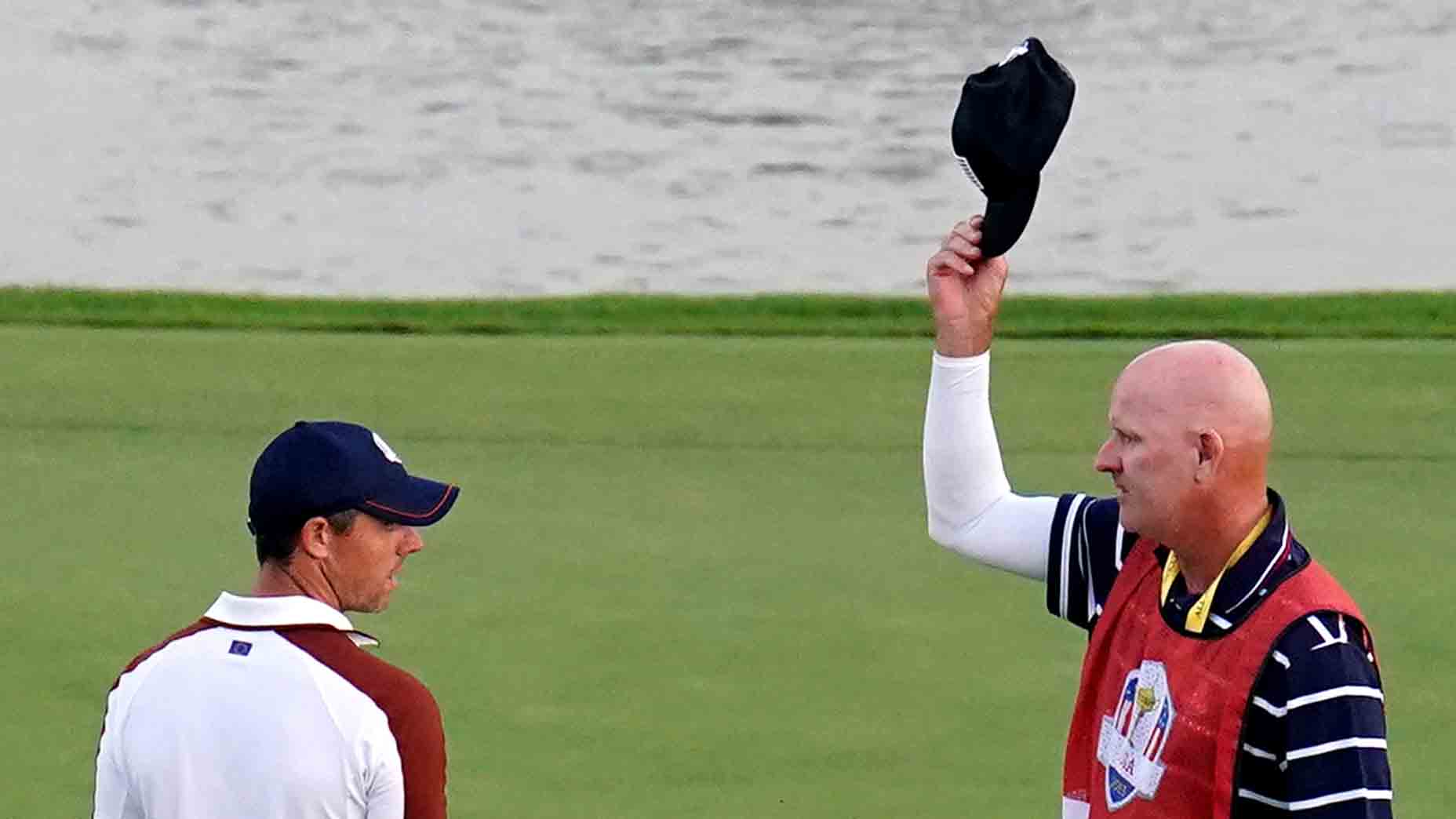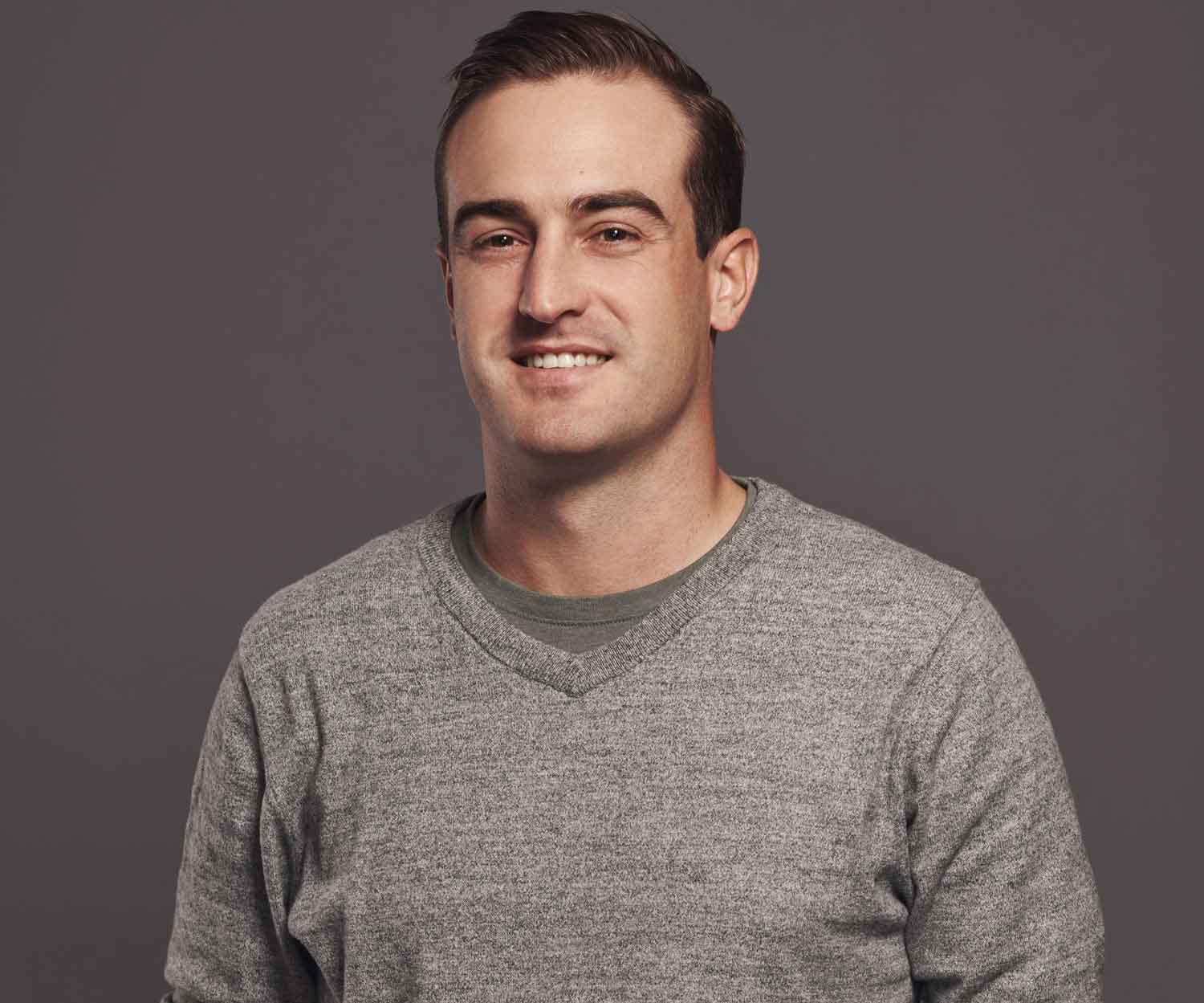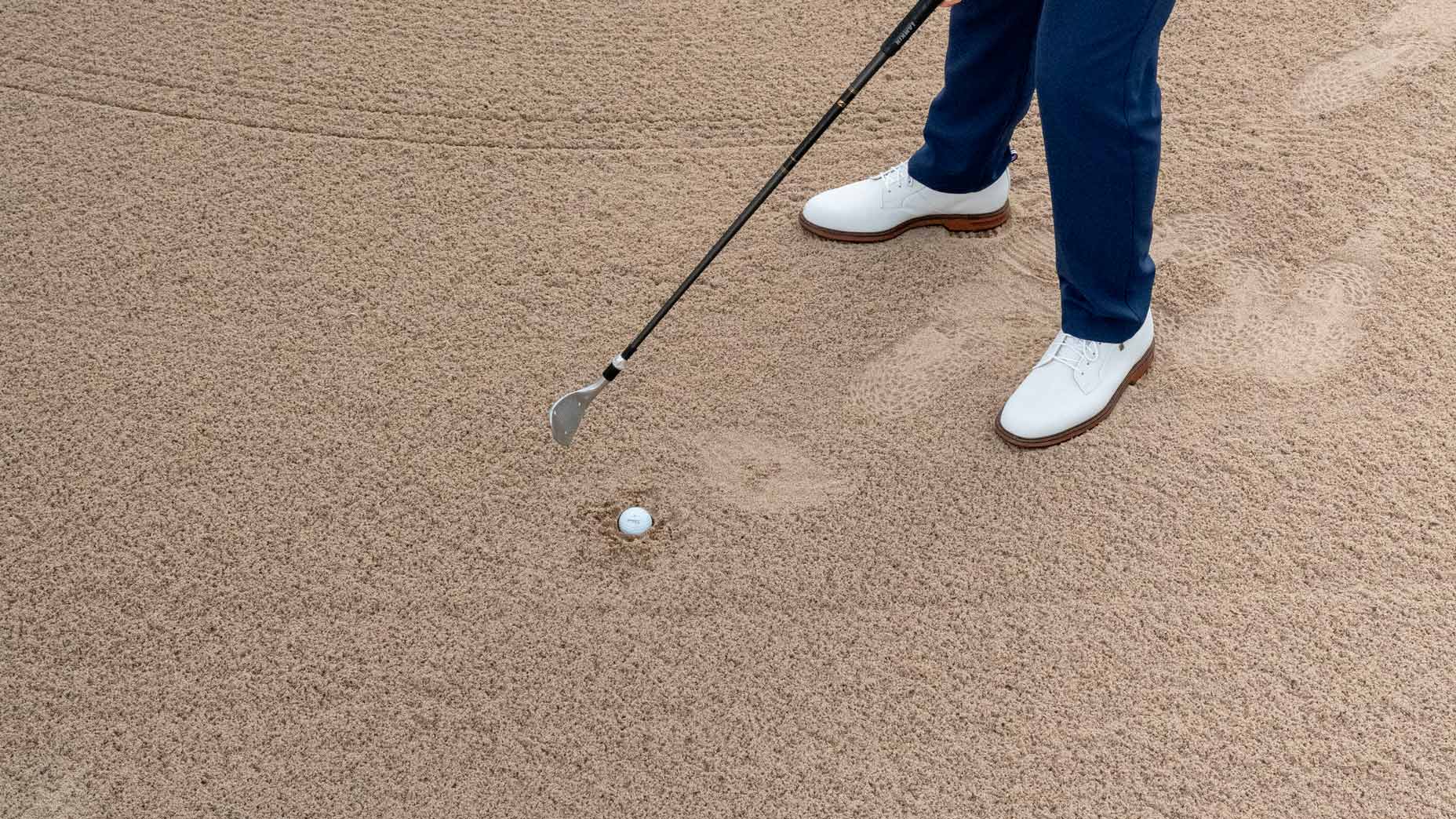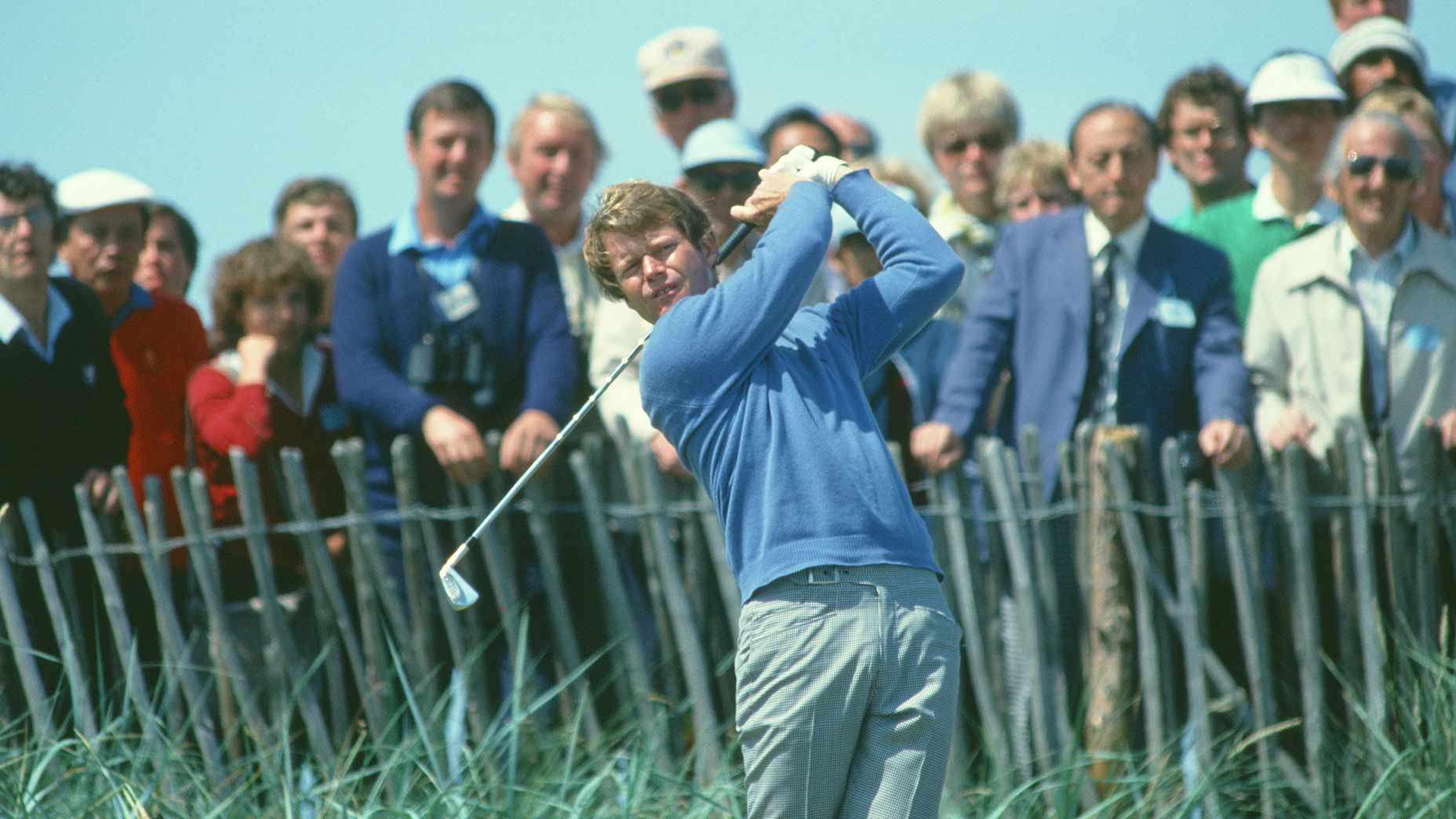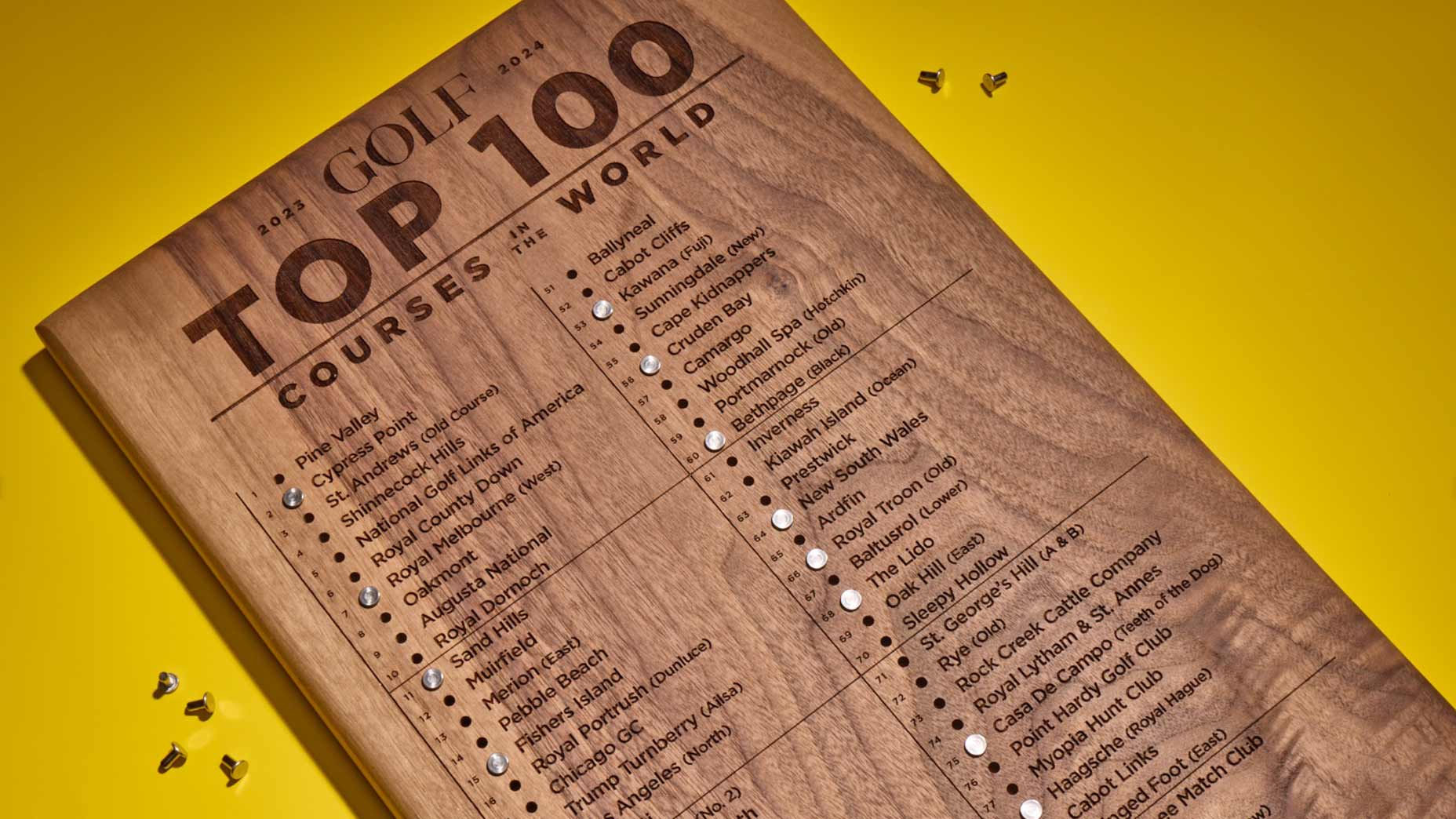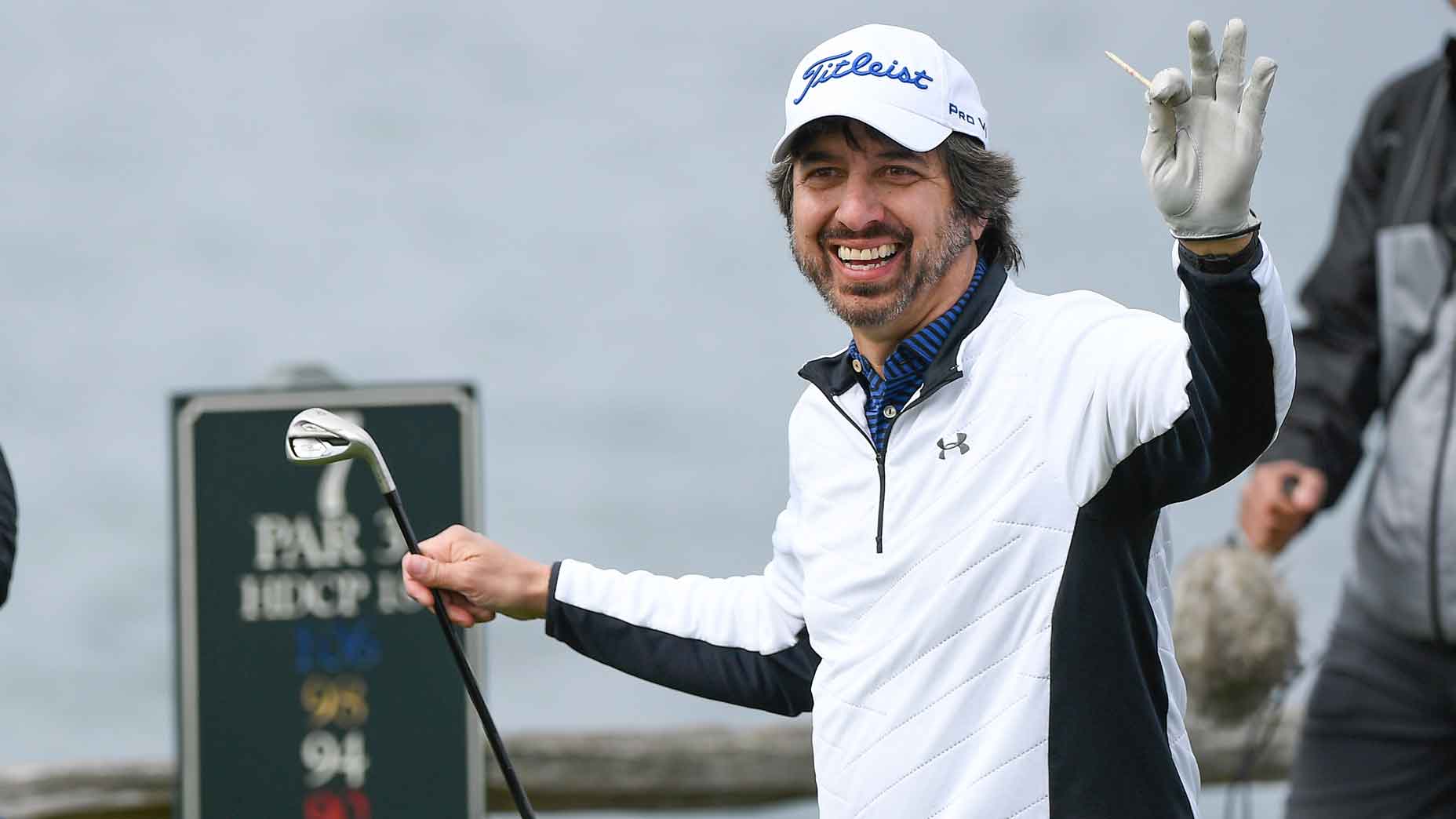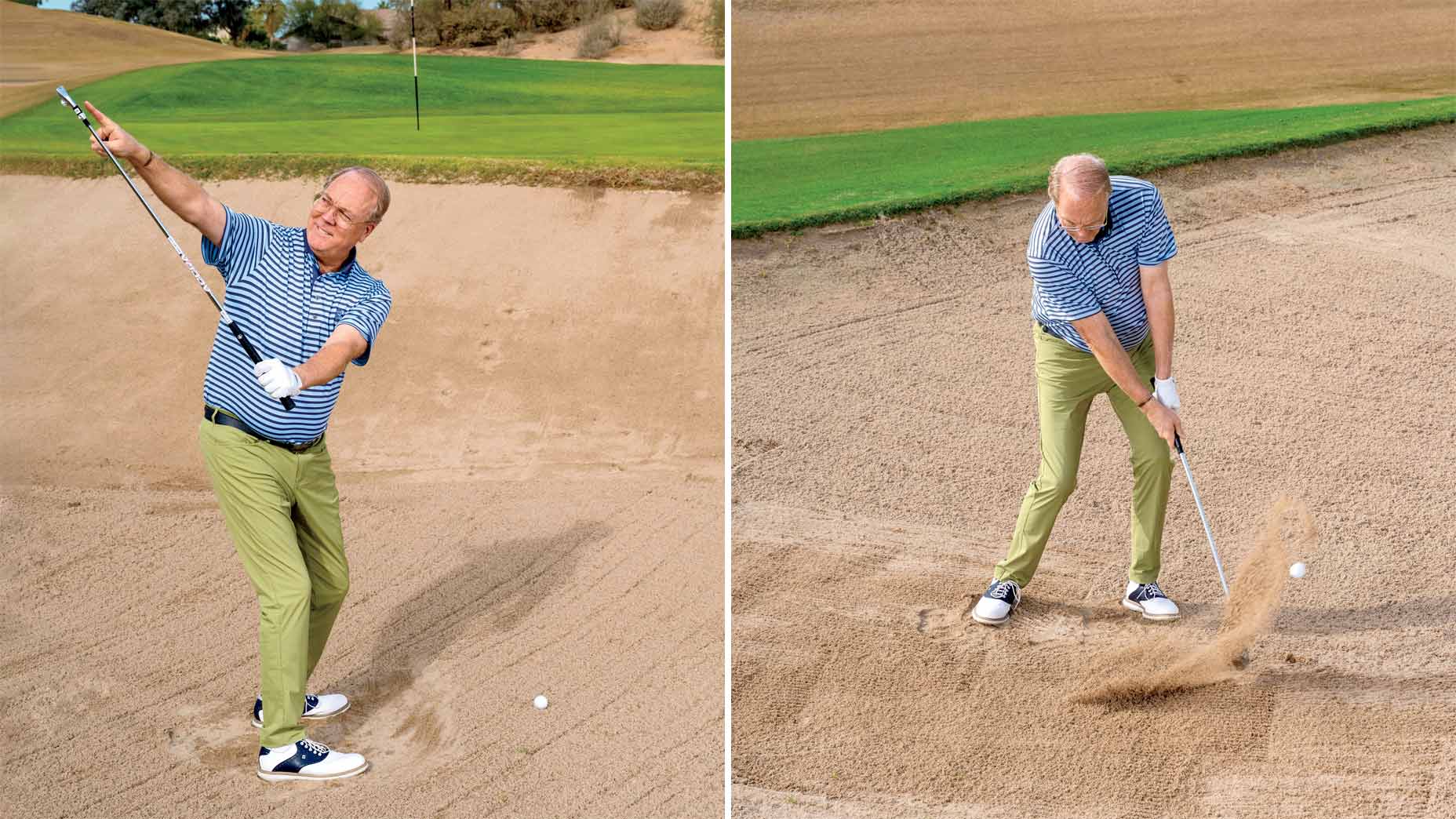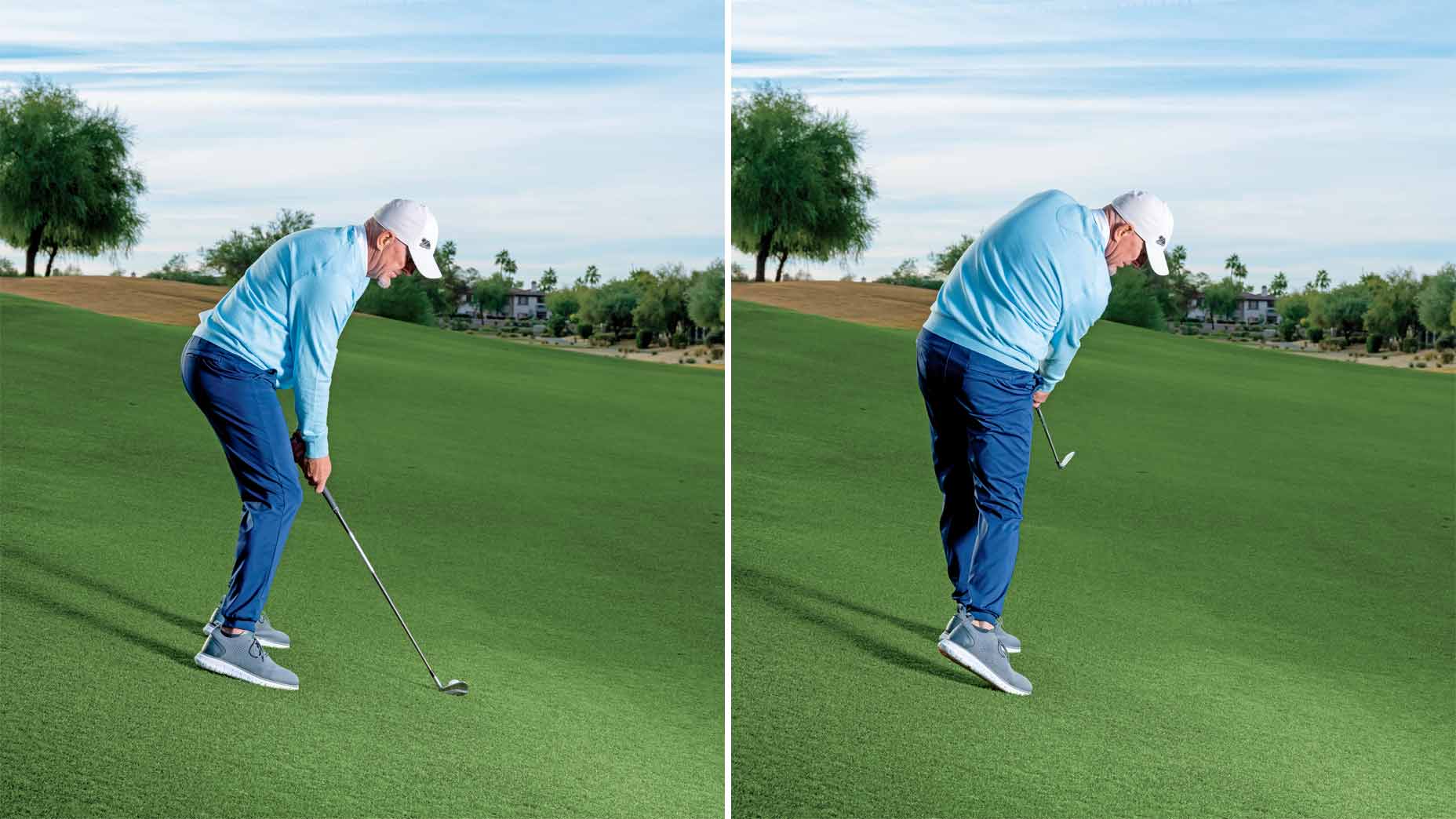‘I absolutely hate losing’: Joe LaCava opens up on what it takes to carry the bag for the game’s greats
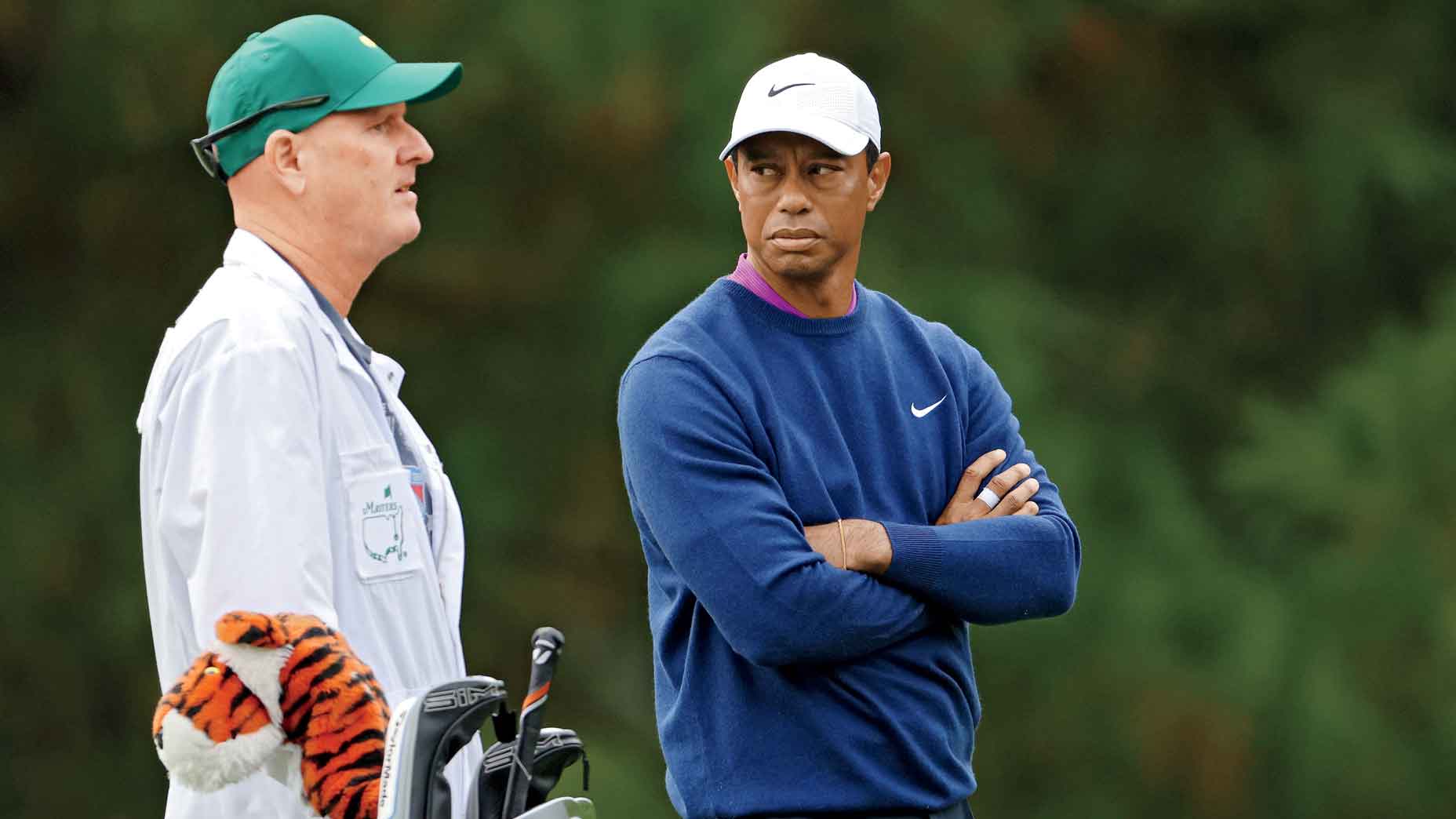
Joe LaCava and Tiger Woods at the sweater-weather Masters in November 2020.
Getty Images
It wasn’t long ago that people thought golfers weren’t athletes. Ditto the outdated notion that all caddies are slackers, smokers and scofflaws. Get real. The men and women in smocks today are more essential to the pro game than ever. Part stats nerd, part guru, part pack mule and therapist, a typical looper is both at the center of the action and a side player. What follows this week (and in the Jan./Feb. pages of GOLF Magazine) is a snapshot of the life — and loads of intel for your game.
ICYMI: 9 essential lessons every caddie learns, according to a pro caddie
ICYMI: 10 things a pro caddie would tell you about YOUR game
***
Joe LaCava is assisting — once again. The man who’s caddied for decades, supporting some of the game’s greatest players, is raking leaves on the mid-November day when we’re supposed to chat. They’re not his leaves, of course. He’s pitching in for a friend, because that’s what one of the world’s best caddies can find himself doing in the offseason: lending a hand and, today at least, jumping on the phone to talk about his improbable life as a looper.
Sean Zak: You’ve caddied for nearly 40 years. Where did it all begin?
Joe LaCava: I come from Newtown, Connecticut. There weren’t many caddie programs. I had a lower-middle-class upbringing. My dad played golf, and, occasionally, I’d caddie for him or someone else at a three-day member-guest or the club championship. Maybe two weekends out of the year. I got my real start through my cousin [five-time Tour winner] Ken Green, in 1987. That’s the break I got out of college. It’s your blood who’s playing, so obviously you’ve got skin in the game. It was very exciting, and I loved it. But I never thought to myself, Boy, I’d like to do this for a career. That was just never a thought.
SZ: When did you realize you wanted to do it full time?
JL: I came out for four or five weeks on the West Coast just to have some fun and to see part of the country. I had never been on an airplane at 22 years old. The first tournament was La Costa, and that second week we’re driving to Palm Springs and Ken asks me to do it full time. I didn’t even hesitate, that’s how much fun I had in the first week. Growing up playing team sports, it was the competition and competitive spirit that hooked me. At the time, at 22, did I think I would still be doing it and talking to you about it now, at age 59? Probably not. But I was ready to go. I didn’t have a lot of obligations at home. I was in from the start.

SZ: Most people don’t give much thought to what a caddie experiences, but you really feel like you’re part of something.
JL: There’s something about it. I’ve never hit a shot. I’ve never made a putt. But we’re all competitive, and the juices are flowing like there’s no tomorrow. I don’t want to say you’re doing more than the coach on the sidelines or the manager in a dugout, but you are on the field with the guy. You’re having some say in what’s going on. We’re closer to doing something good for our guy. I don’t want to overstate it, but that’s what gets the blood flowing. If you give a good read or your guy makes a putt — man, you get fired up out there.
G: You transitioned from Ken Green to carrying the bag for Fred Couples, Dustin Johnson, Tiger Woods and now Patrick Cantlay. What did you bring to the table that made great players trust you?
JL: After three years with Ken, I was pretty fortunate to catch a break with Fred. Everyone in the sport loves Fred, so that led to Tiger Woods. Working for tremendous players and great guys goes a long way, more so than the actual caddying skill, but I think I’m halfway decent at reading greens. Because, when I play golf, if I couldn’t make putts I’d quit the game. I don’t know if that was a forced issue or not, but I always felt I had a knack for reading greens. And then, everyone says it, but I think it applies to me: I absolutely hate losing. You hate losing more than you like winning. Those two factors keep me going and keep me loving it.
SZ: What’s the best read of your career?
JL: One that stands out is the 12th hole at TPC Sawgrass in ’13. Back, left-centerish pin. Tiger brought me in for a read and it broke three or four different ways. Tiger read it the same way. It did exactlynwhat we said, went right in the middle at perfect speed, and he went on to win the tournament. It’s hard to believe it was 10 or 11 years ago now. To see the putt do exactly what we thought and go right in the middle was an incredible feeling. But then there’s the putt I didn’t read.
SZ: Okay...
JL: Sixteenth hole at Augusta, 2019, when Tiger won. He hit it to, what, two and a half feet? He didn’t say anything for the longest time. When it was his turn to putt, he goes, “Mind taking a look at this one?” It was very late in the game for him to be asking me this. It happened so quick and so last minute I said, “Listen, pro. Knock this thing in the back of the hole.” I never went and read it. And he teases me to this day that I was afraid to read a putt at Augusta on the 70th hole en route to his fifth green jacket.
SZ: What’s something no one would understand about caddying for arguably the greatest player who ever lived?
JL: What I found so fascinating about Tiger was how low maintenance he is. He doesn’t need a lot, but he likes a lot of information. He likes to decipher that information. He likes to think about it. He’s 24-7 thinking about golf, the swing, etc. I was getting texts at 2 or 3 in the morning about a certain hole having a different wind the next day. Maybe it’s a 3-wood instead of a driver. I’m also not a very good sleeper, so I would occasionally text back and say, “I agree with you, but I’d rather you turn the phone off, go to sleep and get some rest.” The other thing that separates Tiger is he takes ownership of everything on the golf course. He’s not looking for anyone or anything to blame. I worked probably 110 tournaments with him, and never once did he come back and say “Bad read” or “The wind wasn’t there” or “Bad club.” He takes ownership of everything he does, which is incredible to me.
I absolutely hate losing. You hate losing more than you like winning.
SZ: The transition from one bag to another — what is difficult about it?
JL: Most player-caddie relationships aren’t in writing. Most of it is verbal. When I went to work for Fred, he said, “Let’s try four weeks on the West Coast and see how it goes.” Hopefully he plays well. I got fortunate he played very well in all of them, happened to win one. That makes life a lot easier, but the difficult part is the unknown. You’re taking a chance. You have to hope you blend well. I think the caddie part of it is actually pretty easy. It’s the fact that you have to get along with a guy for anywhere from five to eight or nine hours a day, seven days a week, maybe for 28 straight days. That’s a long time. You better be able to get along and have things in common to talk about, and you have to be able to have a little fun too.
SZ: In what way can a caddie elevate a good player into a great player?
JL: Sometimes the player might lack a little bit of confidence. A perfect example: I see Joe Greiner doing a great job for Max Homa. And Austin Kaiser — I call him “Big Money” — does the same for Xander Schauffele. They’re very confident not only in their ability but in their player’s ability, and I think that rubs off on those guys and gives them more confidence. Have they gotten to the next level yet? Probably not. But I think they both will. And I think their caddies will have a lot to do with that. When you have a friend on the bag, I think that goes a long way on the golf course. That happened with Fred and me. I’m not the reason he won the Masters or the Players or had a very good career. We got along well, and he knew I’d do anything for him. I think I took the near misses and the losses tougher than he did. I think Tiger’s the same way. They see that in you, and I think they appreciate that.

